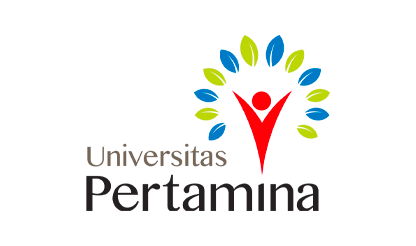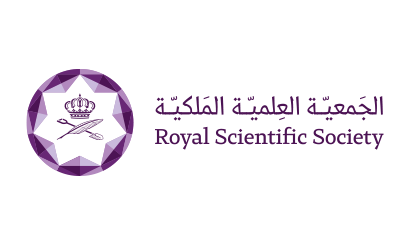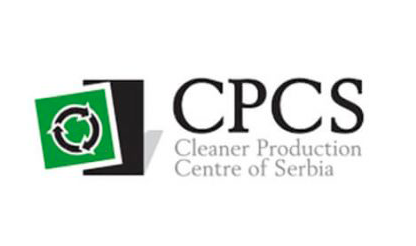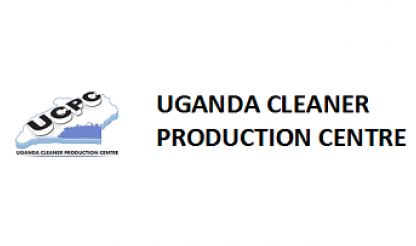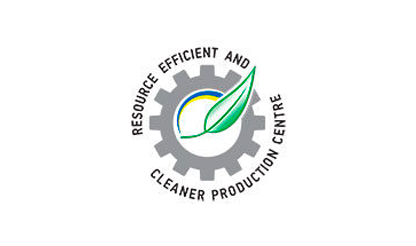GlobalGreenchem
ACCELERATOR

Our world is changing - fast. To adequately address the challenges our planet and our societies are facing, it is paramount to address environmental problems everywhere and include everybody in the development of solutions. The Global Greenchem Innovation and Network Program focuses on bringing green chemistry knowledge into every corner of the world, and let innovations thrive on these seeds.
Knowledge and innovation are powerful together, but they need to find traction to be translated into real applications. The Yale-UNIDO Global Greenchem Accelerator focuses on exactly that: identifying promising green chemistry technologies from around the world, bringing them into the limelight with necessary mentorship, valuable expert knowledge, and by leveraging financial support. The program will be running in our 6 partnering countries: Indonesia, Jordan, Peru, Serbia, Uganda, and Ukraine. The respective National Cleaner Production Centers -NCPCs are the implementing institutions on the ground and will be supported by Yale, UNIDO and GEF.
The Global Greenchem ACCELERATOR will run in 3 consecutive cycles, starting in 2025!
The first call for applications will open in late 2024/early 2025, and convert Jakarta, Amman, Lima, Belgrade, Kampala and Kyiv into true hubs of Green Chemistry Innovation.
Stay tuned, be creative, innovate!
GlobalGreenchem Accelerator Indonesia:
The implementing partner in Indonesia is not a National Cleaner Production Center, but a research university.
Pertamina University's vision is to become a world-class university based on innovation and entrepreneurship in the fields of technology and energy-oriented business, which empowers society and prepares future leaders.
GlobalGreenchem Accelerator Jordan:
The national partner in Jordan is the cleaner production unit of the national scientific society, founded back in 1970.
The Royal Scientific Society - RSS - is supported by more than 500 science specialists, researchers, technical support staff, highly skilled management, and faculty, and has become recognised as a local, regional and international research and development hub.
GlobalGreenchem Accelerator
Peru:
Peru has an implementing partner with vast experience in the worldwide network of National Cleaner Production Centers.
Since 2007 Grupo GEA has worked in the development of environmental and business efficiency projects, as well as carbon/water footprint projects with small, medium, and large companies in the textile, food, chemical, metal mechanics, and packaging industries.
GlobalGreenchem Accelerator Serbia:
The NCPC of Serbia was founded in 2007 as part of the Faculty of Technology and Metallurgy of the University of Belgrade.
The Center for Cleaner Production of Serbia was founded with the aim of supporting the “green” transition of domestic industry with expert knowledge and hands-on experience. The team has consulted more than 200 companies in Serbia.
GlobalGreenchem Accelerator Uganda:
The Uganda Cleaner Production Centre (UCPC) is one of the National Cleaner Production Centres (NCPCs) in Africa established by the United Nations Industrial Development Organisation (UNIDO) under the UNIDO global Cleaner Production Programme working together with the respective governments.
UCPC promotes the introduction, adoption and sustainable application of globally accepted and recognized Resource Efficient and Cleaner Production (RECP) methods in order to enhance resource productivity and improve environmental performance for sustainable and balanced economic development.
GlobalGreenchem Accelerator Ukraine:
The National partner in Ukraine was established in 2007 in association with the National Technical University of Ukraine.
The Resource Efficient and Cleaner Production Center promotes green modernization of the Ukrainian economy, increasing competitiveness of the national economy and improving the environmental performance of industrial enterprises.
